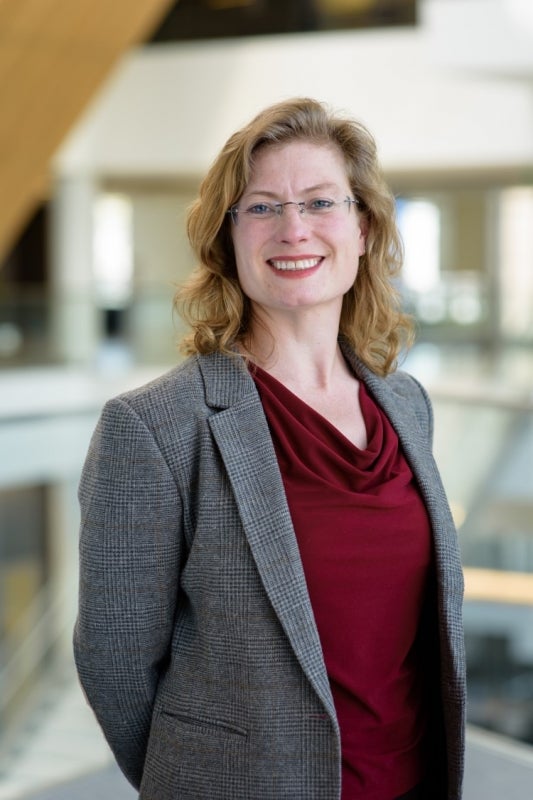The transition to a circular economy for plastics requires disruptive recycling innovations to efficiently recover high value secondary materials. Over 30% of global plastics production goes into single-use packaging, but a far smaller percentage of this packaging is successfully recycled or composted. The plastics recycling rate remains low in most of the world due not only to infrastructural and geopolitical issues, but also because contamination and increasing complexity in multi-material packaging degrades the quality of secondary feedstocks. We are investigating a range of mechanical, chemical, and biological recycling approaches for recovering value from single-use plastics. We use a unique ultra-high speed extrusion process to reactively blend and pretreat a variety of polymers. At high rotation speeds more intimate mixing of immiscible phases is achieved, and generation of shear heat promotes interchange and grafting reactions. Case studies will be presented including structural modification in polyethylene and pretreatment of PET for biochemical depolymerization. We find dramatic changes in molecular weight occur when processing polyethylene at speeds in excess of 2000 rpm. Addition of zeolite catalysts allows simultaneous modification of the PE chain structure. Mechano-chemical pretreatment alters the molecular weight, crystal structure, and particle size of post-consumer PET in preparation for enzymatic deconstruction. The effects of the pretreatment and PET particle size on enzymatic depolymerization are studied using modified leaf compost cutinase enzymes expressed in E. coli. The yield of terephthalic acid is increased for the pretreated PET. Results from this work will inform process intensification through coupling of the mechanical, chemical, and biological recycling strategies. The presentation will also detail steps being taken in the Plastics Engineering Department at UMass Lowell to lower our environmental footprint and lead by example in our educational activities.

Meg Sobkowicz is an Associate Professor of Plastics Engineering at UMass Lowell. She has a B.S. and Ph.D. in Chemical Engineering from Columbia University and Colorado School of Mines, respectively. She held a National Research Council postdoctoral fellowship at National Institute of Standards and Technology, and she joined UMass Lowell in 2011. Her research interests include renewable polymers, polymer nanocomposites, plastics processing and recycling, rheology, energy applications of polymers, green chemistry, and climate change. At UMass Lowell she leads an NSF Research Traineeship in water and materials sustainability, and she works toward increasing the participation and advancement of women in academic STEM careers.

